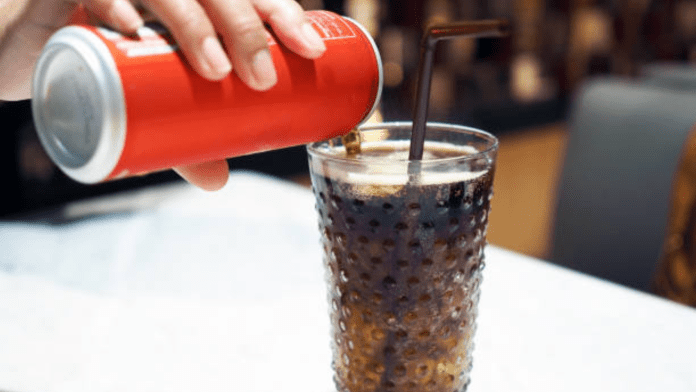The Indian Beverage Association (IBA), headquartered in New Delhi, which serves as a representative body for major industry players including Coca-Cola, PepsiCo, Red Bull, and Dabur, has recently appealed to the government for the exclusion of certain product categories, such as carbonated beverages and juice-based drinks, from being subjected to ‘sin taxes’ or taxes imposed on products deemed unhealthy.
Ahead of the upcoming GST Council meeting on Tuesday, an industry group has expressed its concerns regarding the negative perception created by the current GST classification of certain products. In separate letters addressed to the Ministry of Finance, the Ministry of Food Processing Industries, and the GST Council Secretariat, the industry group has highlighted the need for reevaluation and revision of the GST classification for these products.
Regardless of their nutritional content or sugar levels, all carbonated drinks are currently categorized as sin goods, along with alcohol and tobacco. As a result, they attract a peak GST rate of 28%, along with an additional compensation cess of 12%.
“Irrespective of the ingredients used and nutrition content, a negative perception has been created by GST classification of these products (as demerit or sin goods) that non-alcoholic beverages are harmful for health,” the letters said.
“The food processing ministry has supported our demand of rationalisation of GST rates on non-alcoholic beverages for faster growth of the sector. IBA has also made representations to many states on the same lines,” said JP Meena, secretary general of IBA.
The association has suggested a decrease in the tax rate for carbonated fruit drinks or carbonated beverages with fruit juices from the existing 28% GST along with a 12% compensation cess to a new rate of 18% GST.
“Facts don’t suggest that a higher sin tax works to change behaviour. A higher tax on carbonated fruit drinks is not a solution to the problem of obesity, given the small proportion of calories they contribute in the average diet. Singling out these products for higher taxation is, therefore, devoid of merits,” IBA has stated in the letters.
The association claimed that products considered less healthy, such as sweets and chocolates, are subject to significantly lower GST rates.





